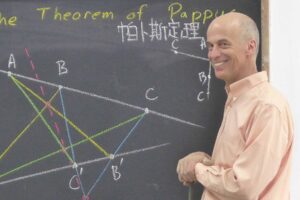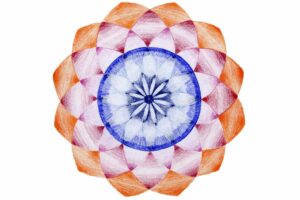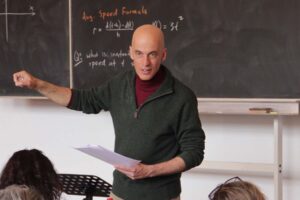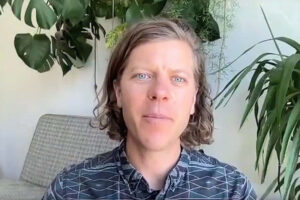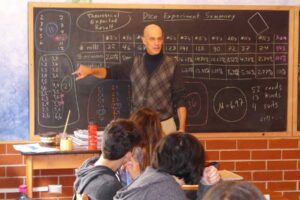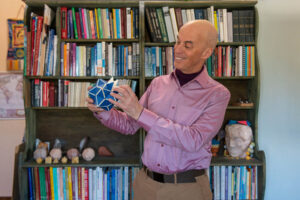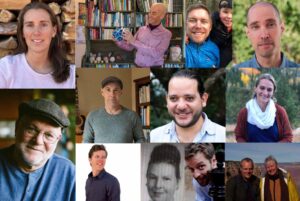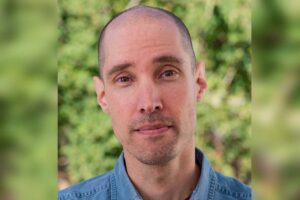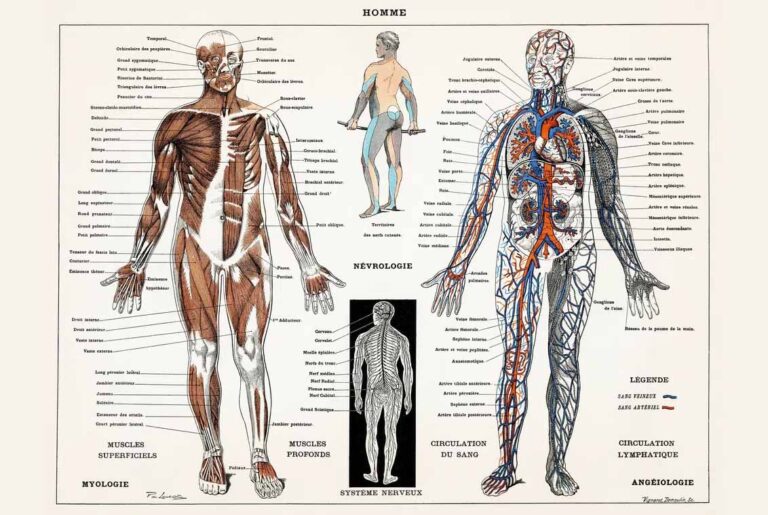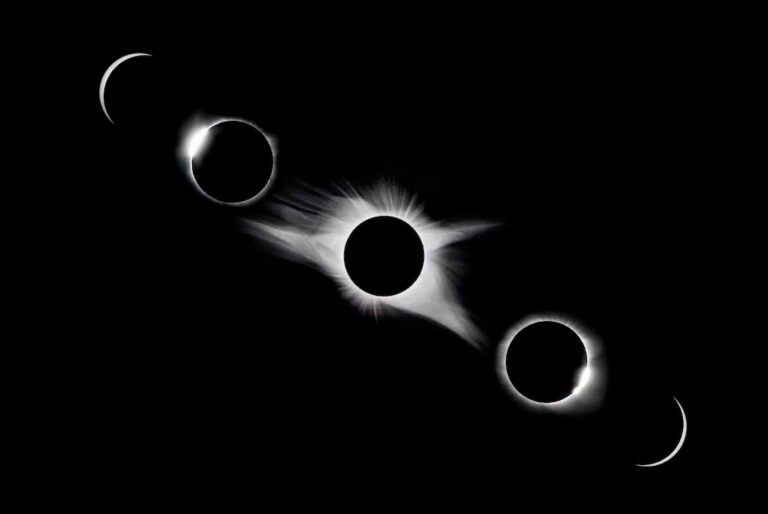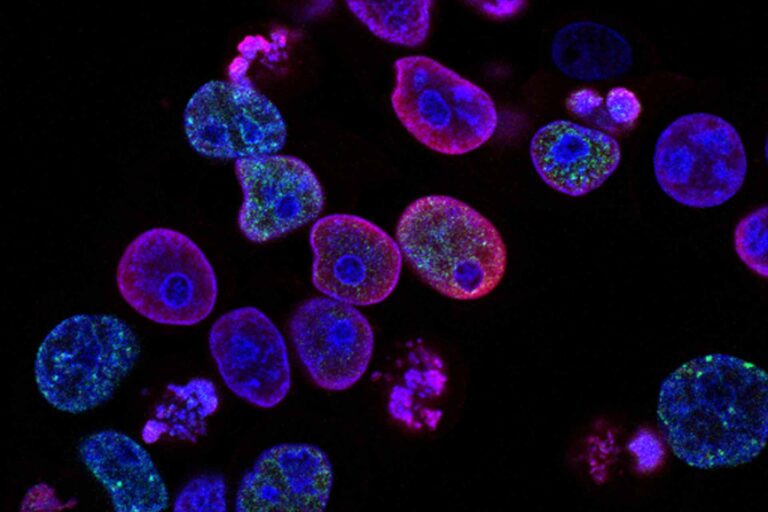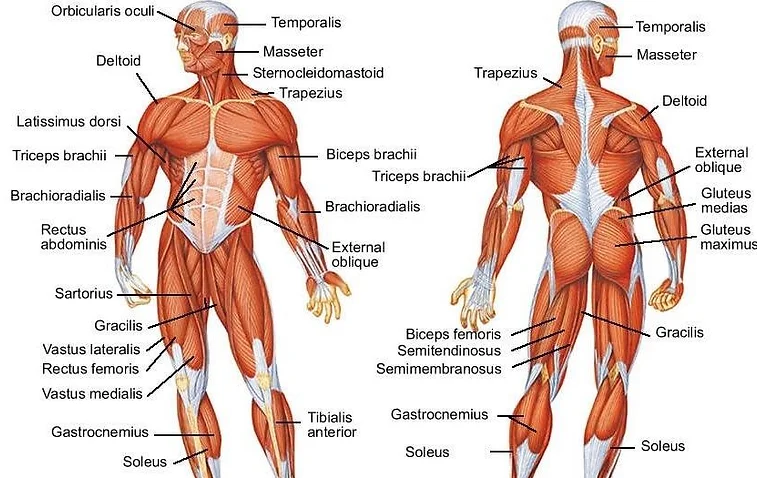High School Science
By the time students enter high school, they have already developed keen powers of observation. The focus in high school centers around the capacity to think scientifically across various disciplines. It is not about specializing in only one or two. Science is a dynamic universal language that develops the capacity to observe, to think, to be open, to learn from history, to be flexible, and to problem-solve thoughtfully.
The goal of our science teaching is to acquaint students with the present position in science and with the historical processes that led to it. This historical study brings home to the students that today’s science is a stage on the path of human development.
Quick Links
High school Science Courses
High School: Physics, Chemistry, Astronomy, Biology
Organic Chemistry
Academic year offered:
- 2024-25
Electricity & Magnetism
Academic year offered:
- 2024-25
Mechanics
Academic year offered:
- 2024-25
8th/9th Grade Anatomy & Physiology
Academic year offered:
- 2024-25
Astronomy
Academic year offered:
- 2024-25
Embryology & Genetics
Academic year offered:
- 2024-25
Human Biology
Academic year offered:
- 2025-26
The Physics of Visual Experience
Academic year offered:
- 2025-26
Thermal Physics
Academic year offered:
- 2025-26
Principles of our Method
Real science is based on observation and thinking
All too often, mainstream science starts with the theory and the finished (often meaningless) facts. A Waldorf approach to science is based on two things: observation and thinking. We start by very carefully observing what is before us (the phenomena). Then, through a process carefully guided by the teacher, we employ our thinking in order to ascertain the law or principle behind what we have observed. This gives the students an experience of scientific discovery.
What is a Science “Main Lesson”?
In a Waldorf school, science courses (physics, chemistry, biology, earth science) are taught every year in single, intensive main lesson blocks, usually for four weeks. For example, a Waldorf student will get physics every year in grades 6-12.
Each of our science courses is a four-week main lesson block, except for fifth grade botany, which runs for three weeks.
These science courses are completely separate from the Math Academy. Families sign up and pay for each course separately.
Each science course is taught by a Waldorf-trained teacher. The students will learn through a synthesis of hands-on experiments, (recorded) demonstrations, and live discussions led by the teacher (via Zoom).
What to expect from our science courses
Workload
As an intensive main lesson block, students are expected to spend a total of about three hours per day on their studies. This includes attending class, doing hands-on experiments/activities, watching recorded presentations/demonstrations, and doing written work.
Monday – Thursday Live Sessions
All of our courses meet live with the teacher (lasting between 35 and 60 minutes) on Monday through Thursday. Enrollment for these classes is between ten and twenty students. Our policy is that we don’t record these live sessions.
Recordings
For some classes, in addition to the live session, the teacher may record a short presentation or science demonstration. These recordings are general fairly short (between five and 25 minutes).
Friday Group Meetings
Students meet in a small group (without the instructor) every Friday to work through an assignment. (This is similar to the Math Academy student group meetings.)
Hands-On Experiments
Students will do hands-on experiments at home under the close supervision of a parent. We will provide careful instructions, and will send you a “kit” that will include necessary equipment for the entire main lesson.
Science Kits
In order to leave plenty pf time to receive your science kits, it is best to sign up at least two weeks before the start of the course (for students in the USA). If possible, those living outside the USA should register five weeks before the start of the course.
Assignments
We will provide assignments for the students.
The Role of the Parent in these science main lessons is very important. The parent will need to be involved with all of the hands-on experiments, monitor and proofread all of the assignments (notes, lab write-ups, essays, etc.), supervise the group work, and generally ensure that the student is doing well with the material.
Parent Meetings
The instructor will lead parent meetings in order to answer questions and coach the parents on how to best serve their role. There will be three parent meetings: on the Wednesday before the block begins, and then on the Wednesdays of the first week and third week of the course. All parent meetings take place at 6pm MT (which is 8pm ET, 7pm CT, and 5pm PT).
Course Reports
We will provide a course report at the end of the course.
Tuition
The tuition for the course is $95 per week (which is $380 for a 4-week block, and $285 for a 3-week block). Non-USA students will need to pay an additional $30 or $40 shipping fee for science kits – billed separately.
Financial Assistance
We have limited funds for offering financial assistance to families. You can fill out our financial assistance form to request this. This form must be submitted and approved before you enroll (both registration and payment).
Science Academy Notes
Are the classes live or recorded?
A key feature to our science classes is that the teacher meets live with the students every day. These daily live sessions are critical for developing human connection, and for experiencing a genuine scientific process. Additionally, depending upon the course, there can be fairly brief recorded presentations and demonstrations for the students to watch at home at a time that is convenient for them.
What if my child didn’t have that subject (chemistry, physics, or biology) last year?
Although in some ways the science courses do build on what was covered the previous year, it is generally no problem for a student to take one of our science courses if they didn’t have that course (physics, chemistry, or biology) the previous year. Any prerequisite knowledge gained from previous years will be reviewed as it comes up.
Can my child enroll in a Science Course from a Previous Year?
Although a course may be listed for a particular grade, students in a grade one year higher can also enroll. For example, if your student did not have astronomy in 6th grade, they can still enroll in this course as a 7th grader.
When do I need to register for a science course?
Although we will accept new enrollments up until the start of the course, in order to ensure that your kit arrives on time, students in the USA should register at least two weeks before the course’s start date. Students outside the USA should register at least one month beforehand (and we will need to send you a separate bill to pay for the extra shipping costs). Registering after those dates may result in you not receiving your kit in time.
Newsletter
Join our newsletter to receive important announcements and special offers

